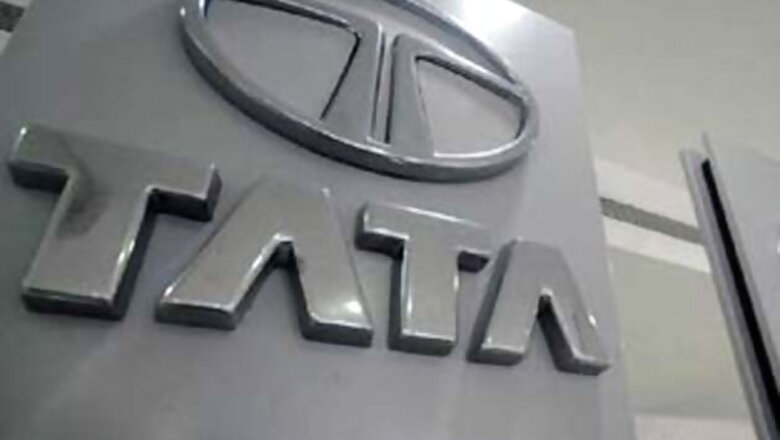
views
Tata Motors, on Tuesday, told the Supreme Court that it wanted to keep the leasehold rights over the 997 acre land, allotted by the Left Front government at Singur in West Bengal as it is keen on returning to the state with next phase of expansion of the Nano car project.
"I have instructions from the highest level to submit that we are keen to return there (West Bengal)," senior advocate Harish Salve told a bench comprising justices HL Dattu and Ranjana Prakash Desai.
The automobile firm's response came in reply to an earlier specific query of the apex court asking it to make its stand clear over the allotted land in the wake of changed scenario as the company had already moved its car plant to Gujarat.
"The land was acquired for establishing a car manufacturing plant at Singur. Now the purpose is no more there as you have already moved out. Now you cannot say that you still have interests in the land in question," the bench had said.
"The land should move back to the agriculturists and we may ask West Bengal government to file an affidavit on the issue of giving the money back to you which you had paid at the time of land acquisition," it had said.
Responding to Tata's stand, the counsel for West Bengal government said it would urge that the land be returned to farmers.
Taking note of the submisisons, the bench said since the company wanted to retain the land, it will have to decide on the state's plea on merits and fixed the case for final hearing in April 2014.
The court was hearing a special leave petition filed by West Bengal government challenging the quashing of the Singur Land Acquisition Act by the Calcutta High Court.
The state government had moved the apex court against the Calcutta high court order which had struck down the Singur Land Rehabilitation and Development Act 2011 that allowed it to reclaim the 400 acres of land given to Tata Motors.
The high court had on June 22, 2012, ruled that the legislation enacted by West Bengal government to recover the land leased to Tata Motors in Singur for its Nano small car project was constitutionally invalid as the President's assent had not been taken for the Act.

















Comments
0 comment